

(Ashley Pun Eveson)
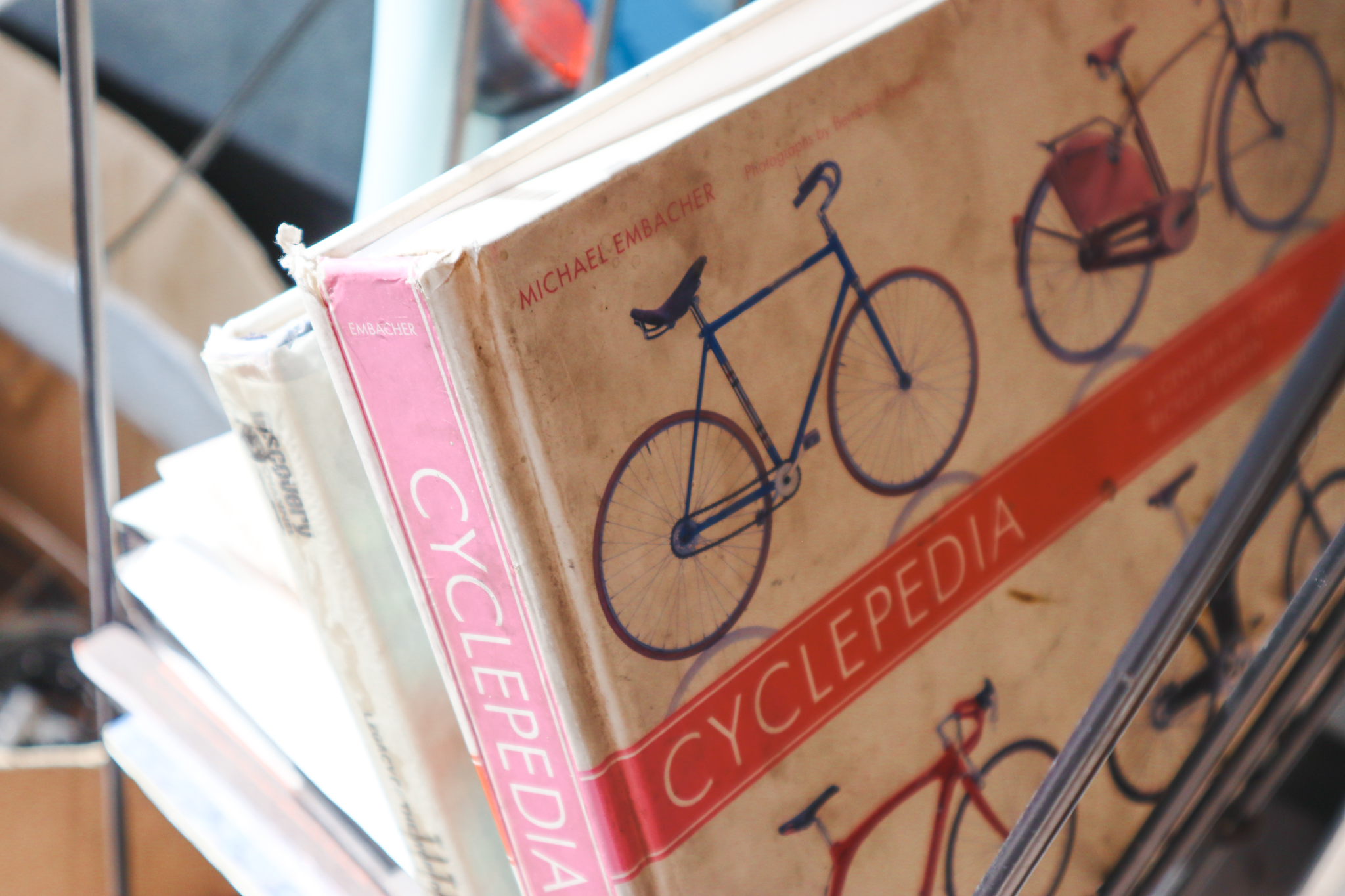
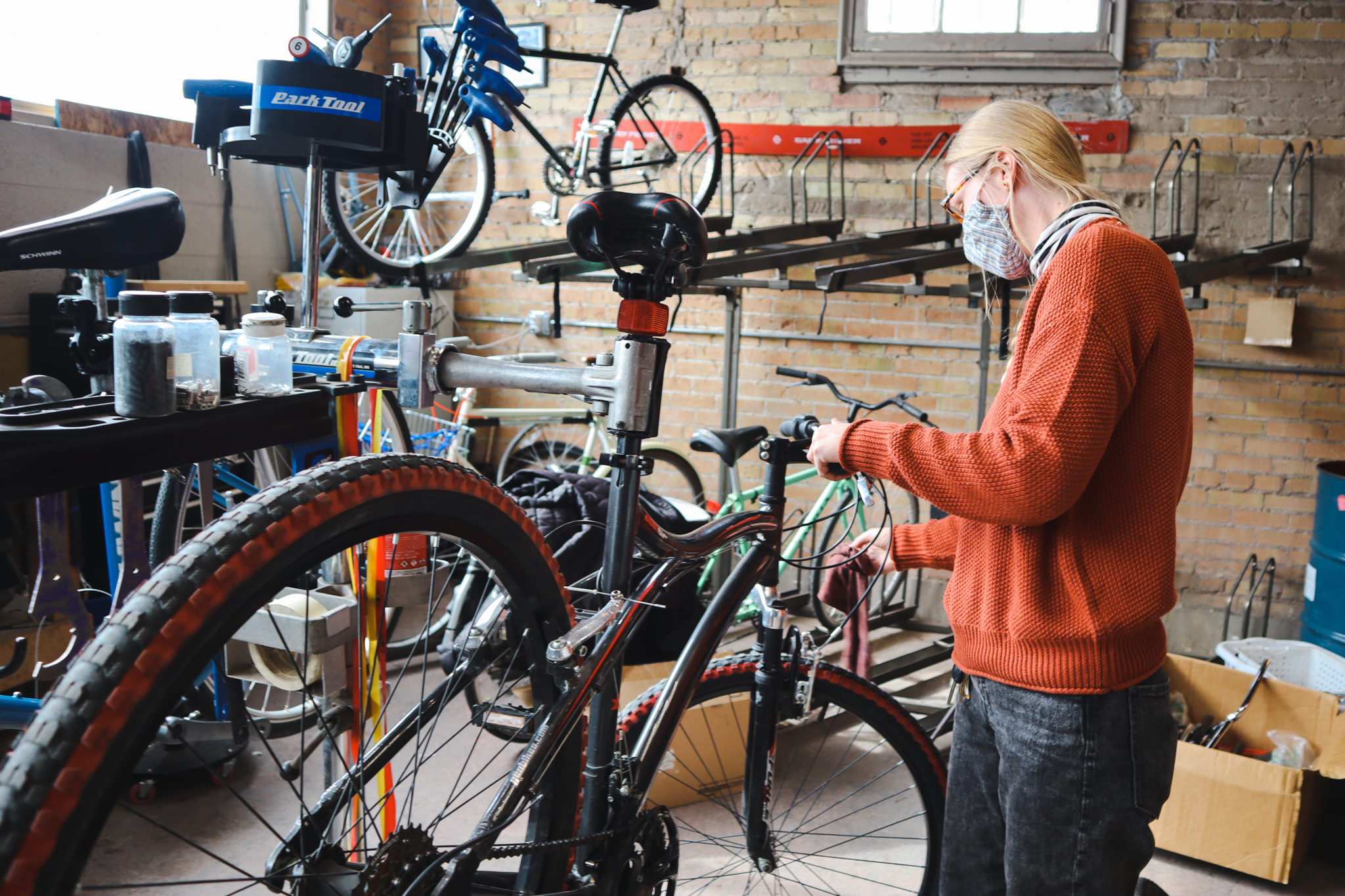
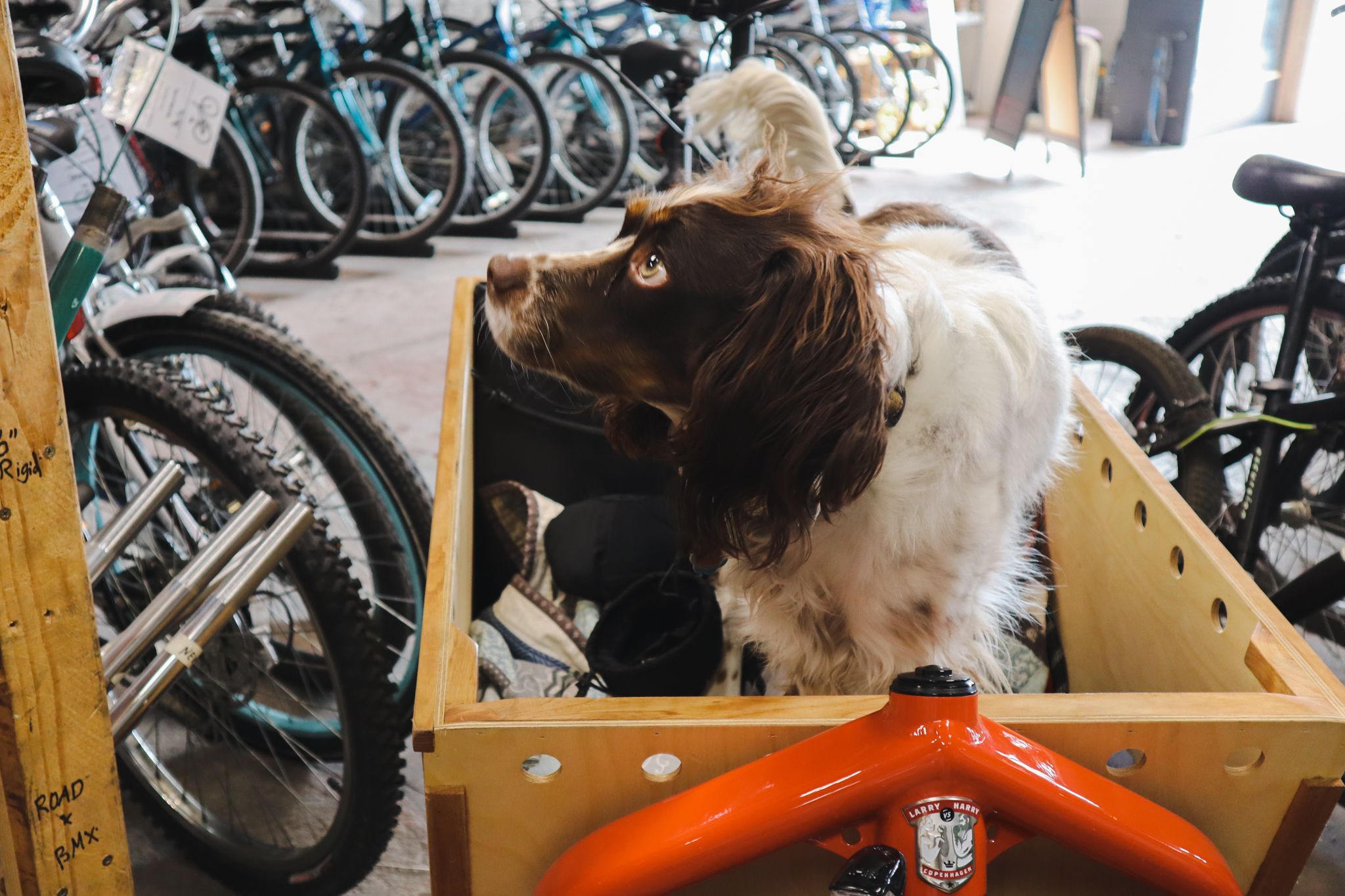

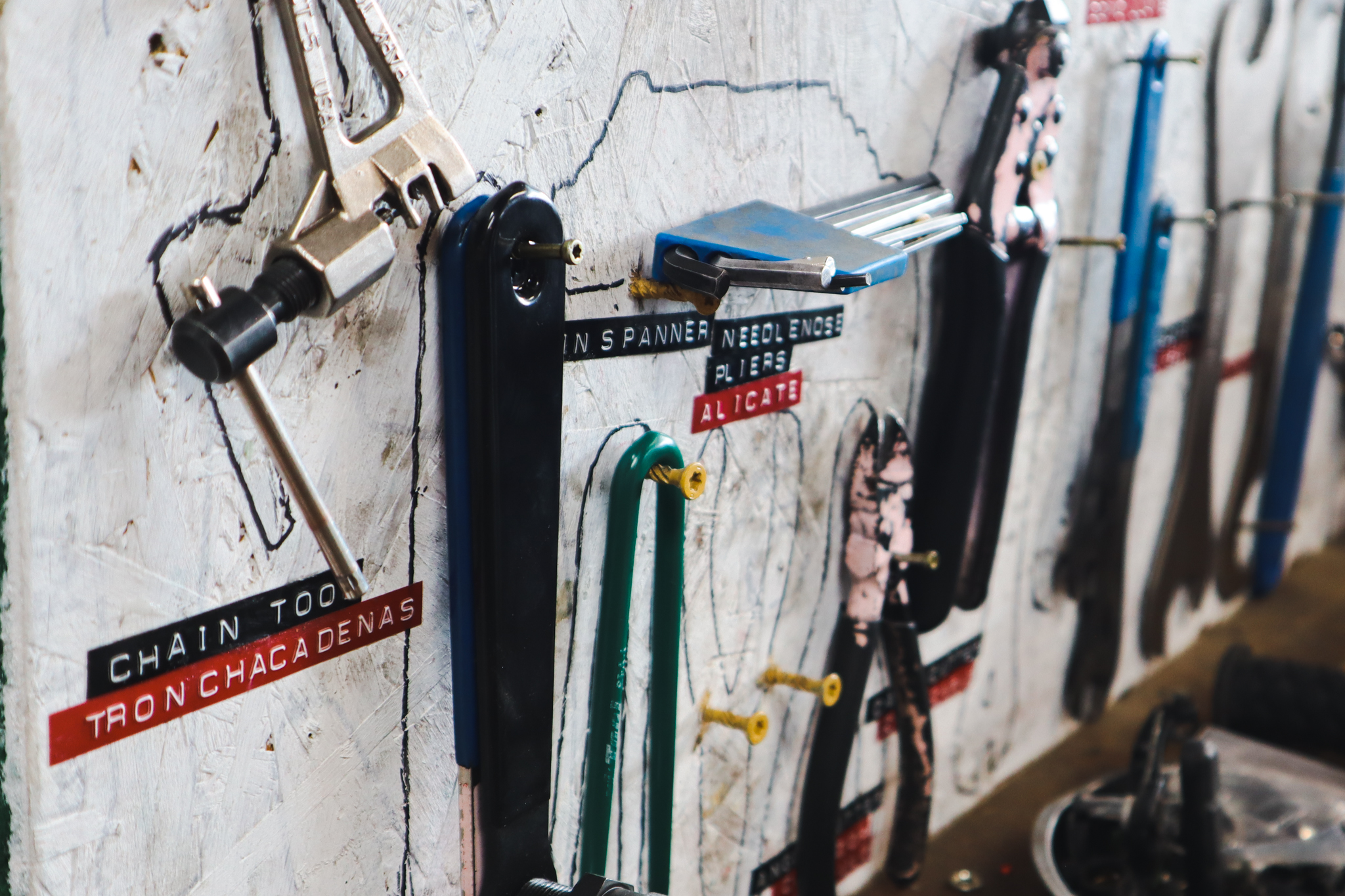
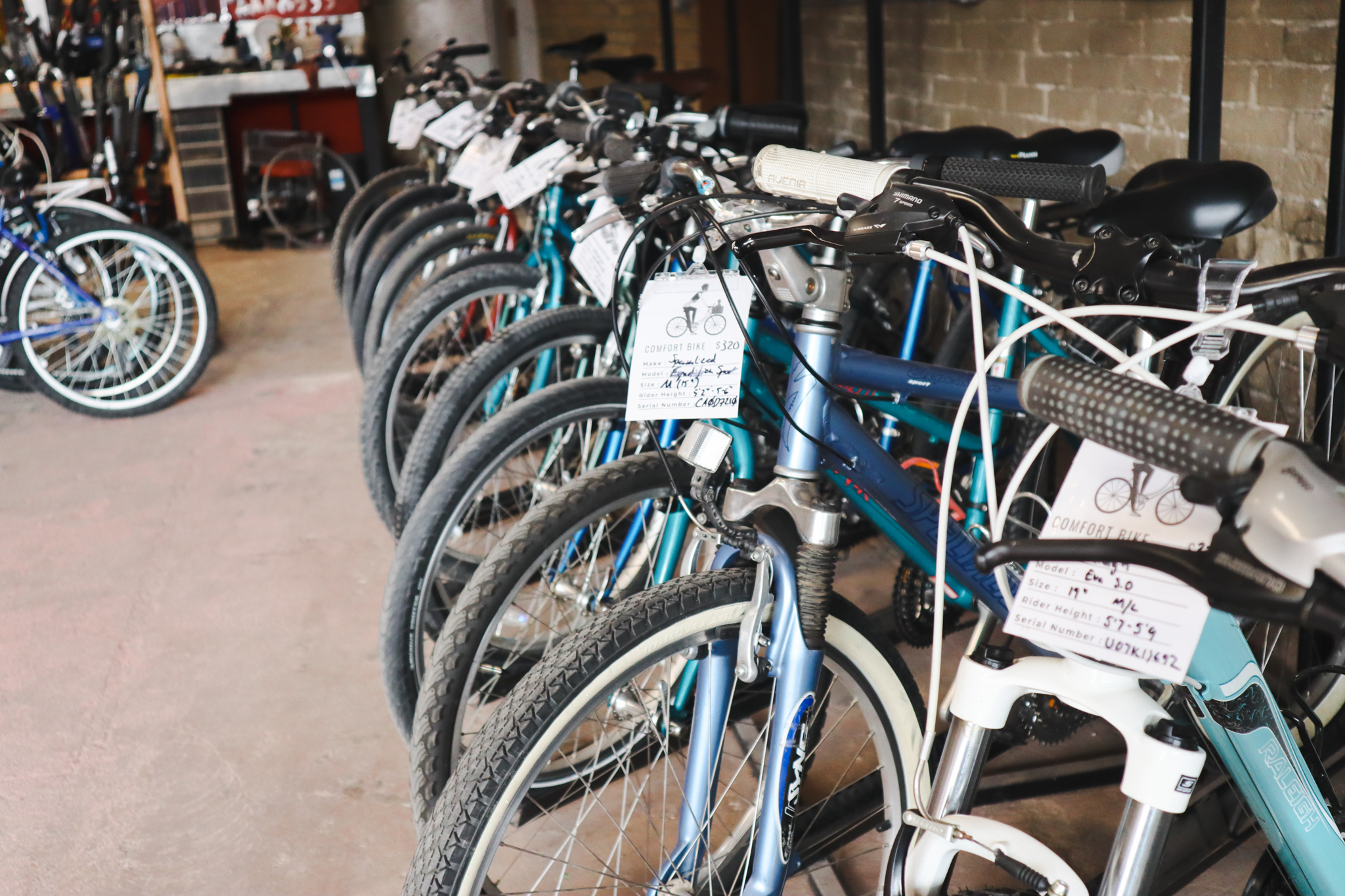
(Ashley Pun Eveson)
Nestled at the corner of 200 North and 400 East sits the Provo Bicycle Collective, a brick building with a colorful mural of Provo on the side. But there is more than meets the eye: It is not just a bicycle shop, but a way for members of the community to give and connect to others.
The Provo Bicycle Collective is one of many biking nonprofits supporting better biking in Utah.
As stated on their website, the mission of the Provo Bicycle Collective is to “promote cycling as an effective and sustainable form of transportation and recreation and a cornerstone of a cleaner, healthier and safer society. We provide refurbished bicycles and education programs to the community focusing on children and lower income households.”
The collective sells bicycles, teaches volunteers and employees how to fix bikes, donates bikes to those in financial need and has various programs teaching bike maintenance to the community.
There are multiple locations in Utah where the collective exists, including Salt Lake City, Ogden, Provo and St. George. There are about eight paid employees at the Provo collective and more than 100 volunteers, many of whom are BYU students.
“Working with the bike collective was one of the formative and memorable parts of my time at BYU,” collective director Kira Johnson said. Johnson became involved with the collective after her bike was stolen during college. She began volunteering with them and eventually grew to love the sense of community she found there.
Johnson rides her bike to work every day with her dog and loves the practicality, the environmental benefits and the mental and physical health benefits she gets from riding. She loves her work with the collective helping repair bikes, offering classes and working with volunteers.
“I really believe in the idea of empowering people, especially kids, by having a bike,” BYU student and collective volunteer Abigail Borgmeier said. “If more people have bikes, then that spurs on the city to become more bike friendly. So I think it benefits everyone.”
Borgmeier got involved when she was looking for a new bike tire. Now she helps repair children’s bikes. She said she loves the way it connects her to the community and helps her develop a different skill set.
Both Johnson and Borgmeier encourage students to try biking around Provo and take advantage of the infrastructure that already exists for bicycles.
The best feeling is the freedom that biking provides to riders, Johnson said. She loves to repair children’s bikes for giveaways and see the joy on their faces. Bikes are repaired, refurbished, then donated to those who are struggling financially.
“I believe in their mission to take a bike that otherwise would have been thrown away and ended up in a landfill and to give it another life,” Borgmeier said.
Provo is nationally recognized by the League of American Bicyclists as a Silver Bicycle Friendly Community. The city is also ranked as one of the top bicycle-friendly communities in Utah along with Salt Lake City, Moab, Park City and Logan.
There are many bike lanes and dedicated bike trails in Provo, such as the Murdock Canal Trail, Lakeview Parkway trail and the Provo River Trail, said Christine Frandsen, executive director of BikeWalk Provo.
“I’ve been pretty impressed by how many bike lanes there are,” Borgmeier said. “It’s been really fun to be able to use biking as one of my main forms of transportation.”
BikeWalk Provo is another nonprofit that “advocates for street design and culture that makes it safe, convenient and fun for all people to move around by bike or foot,” as stated on their website.
They encourage people to travel by walking or biking, aiming to make Provo even more pedestrian-friendly. Their website shares maps of bike paths riders can take and where to park their bikes.
One technique BikeWalk Provo uses is called “tactical urbanism,” where the organization gets permission from the city to make temporary changes to a road or area to demonstrate how it could be improved, Frandsen said. Most recently, they put in a temporary roundabout.
“We’re really excited because we have big tactical urbanism projects coming up in the next few months,” Frandsen said. “We’re going to paint bike lanes, crosswalks and curb extensions on the road to make it safer.”
Often when the city is repaving a road, the organization can use tactical urbanism to test how different markings or designs could improve an area. The organization works with locals as they test out designs.
BikeWalk Provo also participates in letter campaigns and recently requested a UVX bus stop on 900 East in between the BYU South Campus stop and the Marriott Center stop. They wrote letters to Utah’s Department of Transportation to request the bus stop because having a bus stop there would encourage more people to take public transportation, Frandsen said.
Both BikeWalk Provo and the Provo Bike Collective involve people of all ages and work with the local community to make change.
“A big factor is reducing pollution and improvement in air quality for Utah. It’s a huge factor. Biking is something we need to maintain the quality of life that we want to have in Provo,” Frandsen said.
For people who need incentives to start riding around Provo, biking is less expensive than driving, allows people to stay physically active and gives people a sense of freedom, Johnson said.
“I love cycling and to see how it can help people have alternative transportation. It’s a great way to get outside!” collective volunteer Lee Chestnut said.
In addition to being a less expensive alternative to driving, biking helps reduce emissions in the environment, according to the Provo Bicycle Collective and BikeWalk Provo.
“It’s a good service for the community and involves great people and a great sense of service,” Chestnut said.




